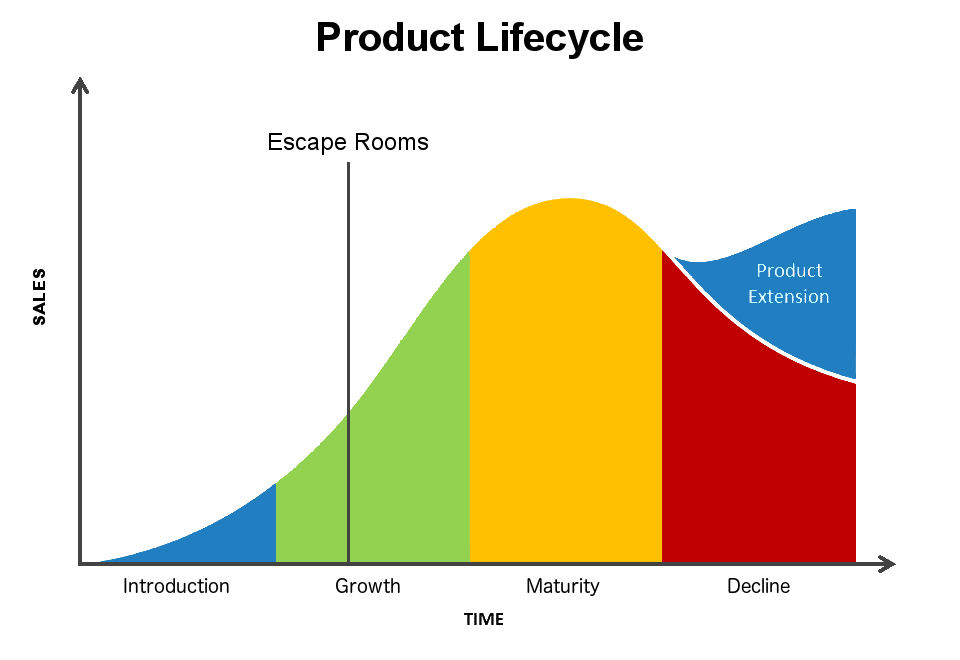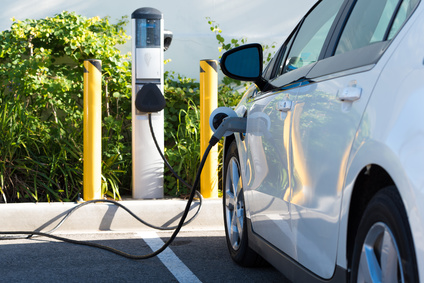There is a well-known introduction curve for new technologies and products. Basically, customers or users of new technology fall into 3 categories – early adopters, mass market adopters and late adopters.

Early adopters can have several different motivations. Some are simply enthusiastic to try new things, others are committed to the technology or product because of their knowledge of and interest in it, and others simply want to get in at the early stage, to gain a possible competitive advantage or take advantage of temporary introductory incentives and so on.
Late adopters are the very opposite. They are typically very cautious and conservative and are reluctant to try something new until it has been well proven in the mass market.
The mass market is the key, however. If new technologies and products can break into the mass market then costs typically come down, the market growth feeds on itself, and it becomes the accepted product or technology to have. The product has arrived!
Although most products go through the stages indicated, there are obviously some products which have specialist uses or which are aimed at a particular segment of the market – these are niche market products. They can, of course, be very successful and profitable in their own context, and New Zealand manufacturing especially tends to specialise in niche markets or products.
The interest in this article is in technologies/products which have the potential to dominate genuinely mass markets and thus have a large influence on whole economies. Although they may be slow to gain a foothold or to penetrate the mass market, these are also potentially “game-changing” technologies.
There are two examples that interest me because of their potential – they are electric transportation (cars, trucks and trains) and the production of substitute meats from plant proteins.

Both of these technologies are at the early adopter stage and are attracting considerable interest. The market growth of both products is very rapid but of course, it is occurring off a small base. The issues related to possible breakthrough into the mass market are different in the two cases but if a breakthrough does occur the impact will be quite dramatic and the consequences far-reaching.
Electric Transportation
In the case of electric transportation, electric cars including all-electrics and hybrids are the current focus. In a previous article, I commented at length about electric cars. In essence, the only obvious technical complication is that of having a battery which is compact and light but has a sufficiently high power density to give an adequate driving range, and I am confident that issue will not be major. The technology is improving all the time.
The issue that could be problematic is that if electric vehicles became the dominant part of the national fleet they would also have to bear the infrastructural cost that is currently carried by petroleum fuels through the petrol excise tax. This is the single largest component in the price of petrol. It is conceivable but unlikely that Government would remove the problem by moving the tax burden somewhere else.
In the long term, the supply of electricity could also become an issue. I think the jury is out on whether electric cars will break the barrier. I would speculate that growth to 20% of the total fleet would be very achievable, but things could get tricky at higher rates of penetration.
Synthetic Meat
 In the case of synthetic meat, the problems are not so much technical as they are economic and attitudinal. Recent reports indicate that it is already possible to produce synthetic meat which is indistinguishable in taste and texture from the animal alternative, and the market is already booming. However, I think attitude will in part determine whether the synthetic alternative breaks through into the mass market. The question is whether a large part of the population will happily forgo animal products for a cheaper synthetic alternative. I think the answer is probably yes but it may in part be an intergenerational issue.
In the case of synthetic meat, the problems are not so much technical as they are economic and attitudinal. Recent reports indicate that it is already possible to produce synthetic meat which is indistinguishable in taste and texture from the animal alternative, and the market is already booming. However, I think attitude will in part determine whether the synthetic alternative breaks through into the mass market. The question is whether a large part of the population will happily forgo animal products for a cheaper synthetic alternative. I think the answer is probably yes but it may in part be an intergenerational issue.
The economic issue is that of how animal producers will react and what sort of pressure they will place on the Government to avoid the decimation of a significant part of the agricultural sector. The most hopeful solution is that animal producers will see the logic of changing their mode of production to suit the changing market and a reasonable orderly transition will occur.
The end solution will in all probability still include animal products but in a speciality role. The situation is complicated by the existence of multiple products from animals e.g. wool and milk as well as meat, and that will influence the shape of the eventual outcome.
The conclusion is that major change is coming, and indeed has already started in some areas. The key issue for us as New Zealanders is how we react to and manage the transition.
By Bas Walker
This is another of Bas Walker’s posts on GrownUps. Please look out for his articles, containing his Beachside Ponderings.









Join the Discussion
Type out your comment here:
You must be logged in to post a comment.